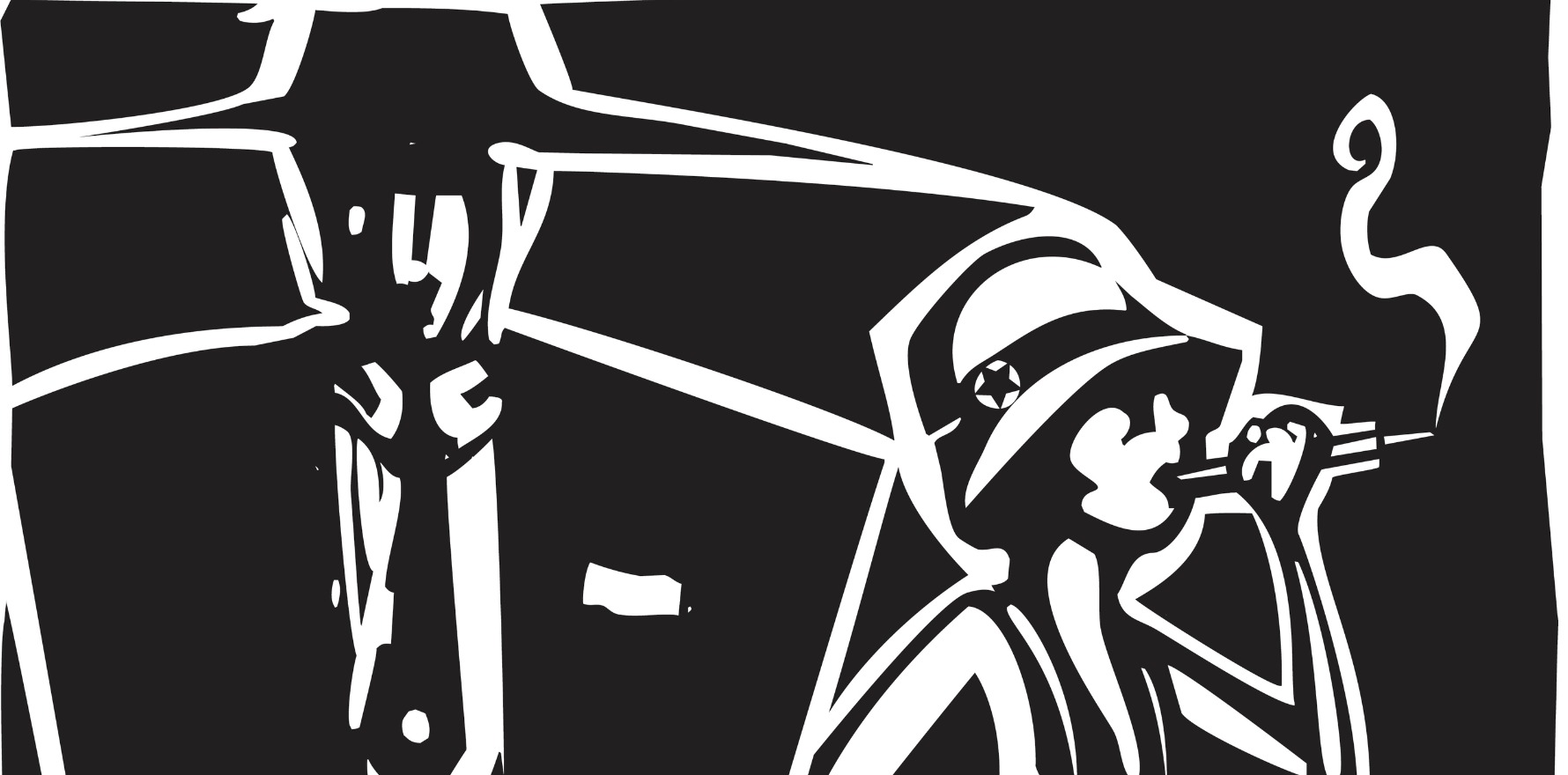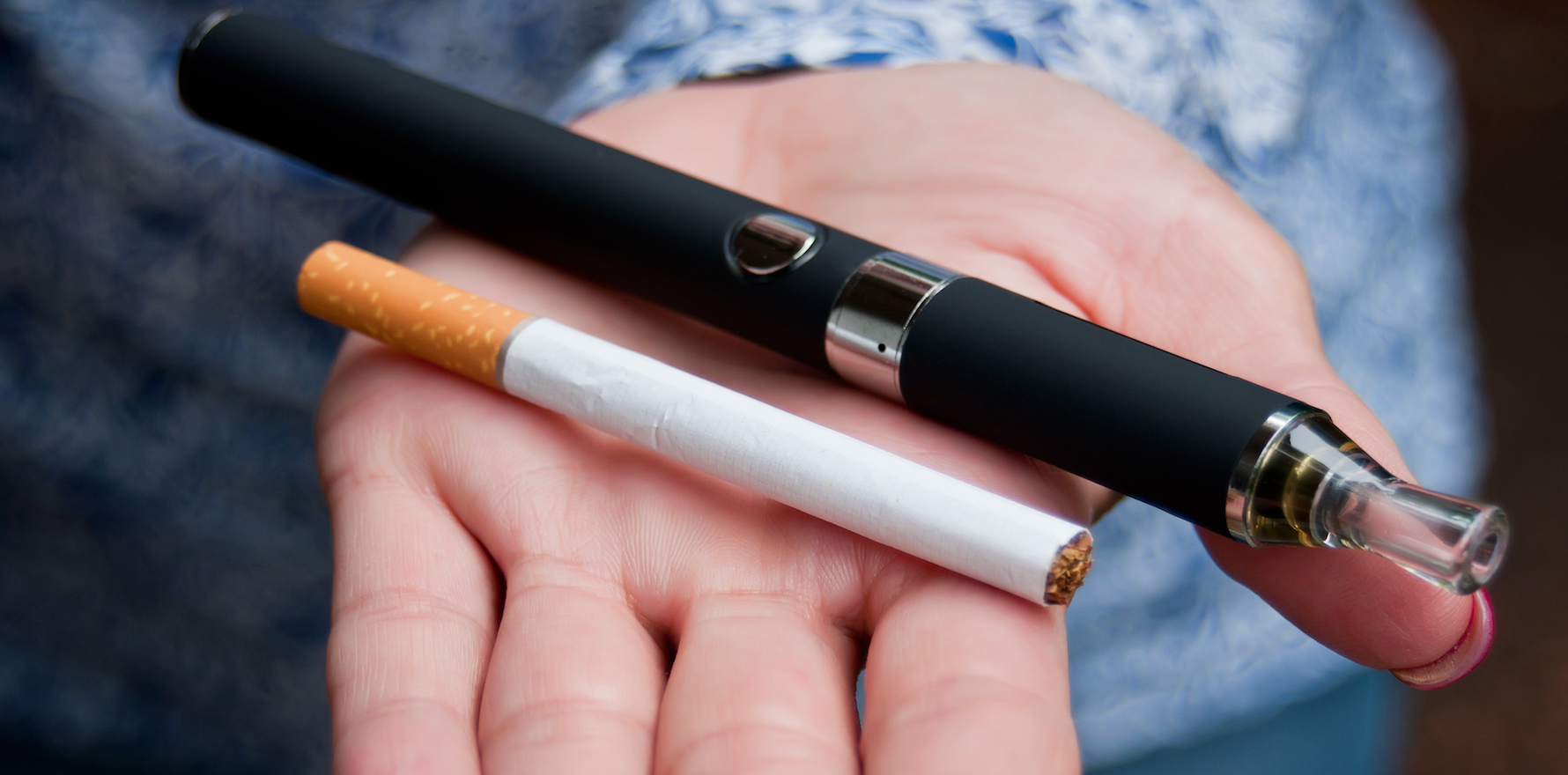The two messages were key to a number of testimonies heard at today’s sitting of NSW’s inquiry on e-cigarette regulation.
Two messages echoed through several testimonies at today’s session of the NSW inquiry into e-cigarette regulation and compliance: prohibition measures will not work, and it’s better to vape than to smoke.
Senior lecturer at the University of Wollongong Dr Jody Moller – who has researched e-cigarettes and their chemical contents since 2019 – told the committee that current regulations had fuelled the black market.
“In October 2021, following the last major regulatory change, we saw the market shift within two months to remove the word ‘nicotine’ from packaging [of e-cigarettes] to allow [retailers] to sell over the counter through a loophole,” Dr Moller said.
“Our concern is that [the federal government’s proposed regulatory changes] will prompt the market to shift quickly again, to find a way to continue selling.
“What we’ll see is stealth products coming into Australia, young people will still be utilising them. Effectively that pushes vaping deeper into the black market.
“I’m concerned that that means there will be more contaminants and more dangerous compounds getting into these products.”
Dr Moller suggested that a regulated system, where single-use disposable vapes were banned but quality-controlled, reusable e-cigarettes were available for adults, would undermine the black market.
Related
Adjunct professor at the National Drug Research Institute at Curtin University Professor Nicole Lee agreed, noting that decades of experience have demonstrated that restriction and criminalisation don’t curb drug use.
“We have a really, really good legislative framework for tobacco cigarettes that could be applied to vaping products,” she said.
“And that legislative framework has significantly reduced adult smoking and access by teens.
“As soon as we start to control and regulate the market, by giving access to adults, then no adults are going to be buying on the black market and the bottom falls out.”
A regulated commercial market, thereby stemming the illicit market, would also minimise harms from contaminants, meaning the key health concern would be nicotine dependence, said Professor Lee.
Professor Lee said this was a fairly “benign” health concern, especially in comparison to the social, mental and physical harms of dependencies on other drugs and the additional health concerns linked to smoking.
Founding chairman of the Australian Tobacco Harm Reduction Association Dr Colin Mendelsohn said research showed that there was “no question that e-cigarettes are dramatically safer than smoking”.
“We know that there’s over 7000 chemicals in [tobacco] smoke, mostly in high doses,” he said.
“There’s generally less than 200 chemicals in [e-cigarette] vapour.
“We know that when people switch from smoking [to vaping], their asthma improves, their COPD improves, blood pressure improves, lung function improves.
“There are a whole range of health benefits.”
Despite the limited data on long term implications, Dr Moller said “we can be very confident that these are not as harmful as cigarette smoke”.
“We know that [carcinogens] like formaldehyde and acetaldehyde, which are 100% present in e-cigarettes, are at least 20-fold lower than in cigarette smoke.
“Even the metals that we find from the coil, while they’re present and absolutely dangerous, are not present at the same concentrations they are in cigarette smoke.”
Professor Lee said a more “palatable” option than a regulated commercial market may be improving therapeutic access.
“At the moment, you have to go to your GP, which is expensive, GPs are under pressure and overworked and it’s really hard to get in to see your GP. I ‘s much easier and cheaper to buy on the black market.”
Pharmacy-based access without the need for a prescription, similar to other nicotine replacement therapies, may also be something worth exploring, said Professor Lee.
Speaking on behalf of the RACGP NSW, when asked about GPs’ willingness to engage with vapes as a smoking cessation tool, Professor Rowena Ivers said that while some would be cautious, the key was “upskilling clinicians to feel like [e-cigarettes] are an option [for smoking cessation]”.
“It’s something that any GP can do and … with the SAS [Special Access Scheme] C process it’s reasonably straightforward.”
But Dr Mendelsohn was skeptical.
Currently the legal, regulated market constitutes less than 10% of the total market, said Dr Mendelsohn.
“We heard from Professor Ivers this morning that GPs would just step up and supply these products.
“It’s not going to happen.”
According to Dr Mendelsohn, recent peer-reviewed studies have shown that Australian GPs are unsure about script writing, have medicolegal concerns and other concerns about prescribing drugs that are not TGA approved.





